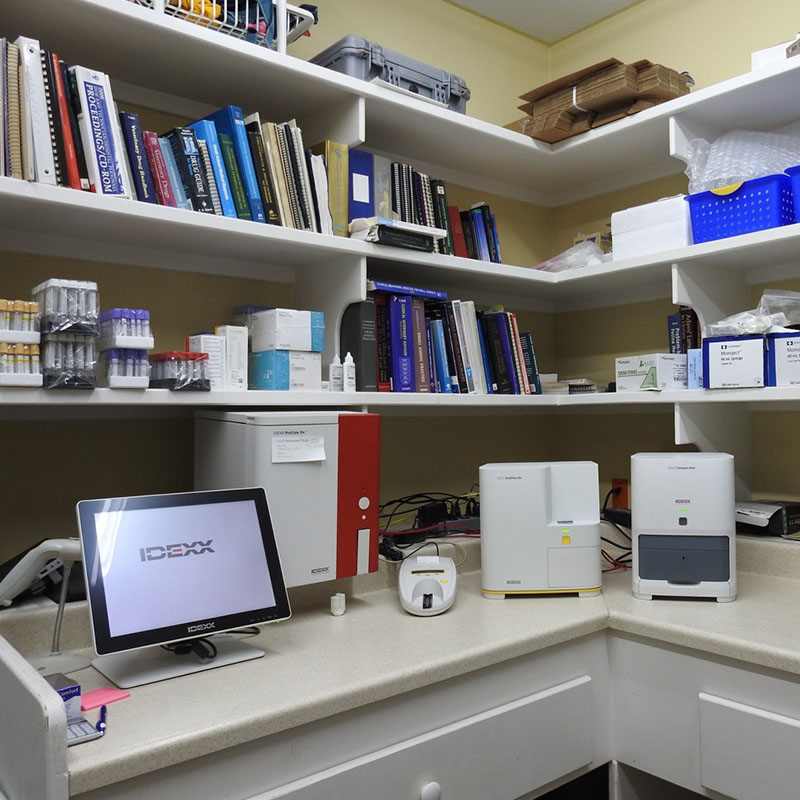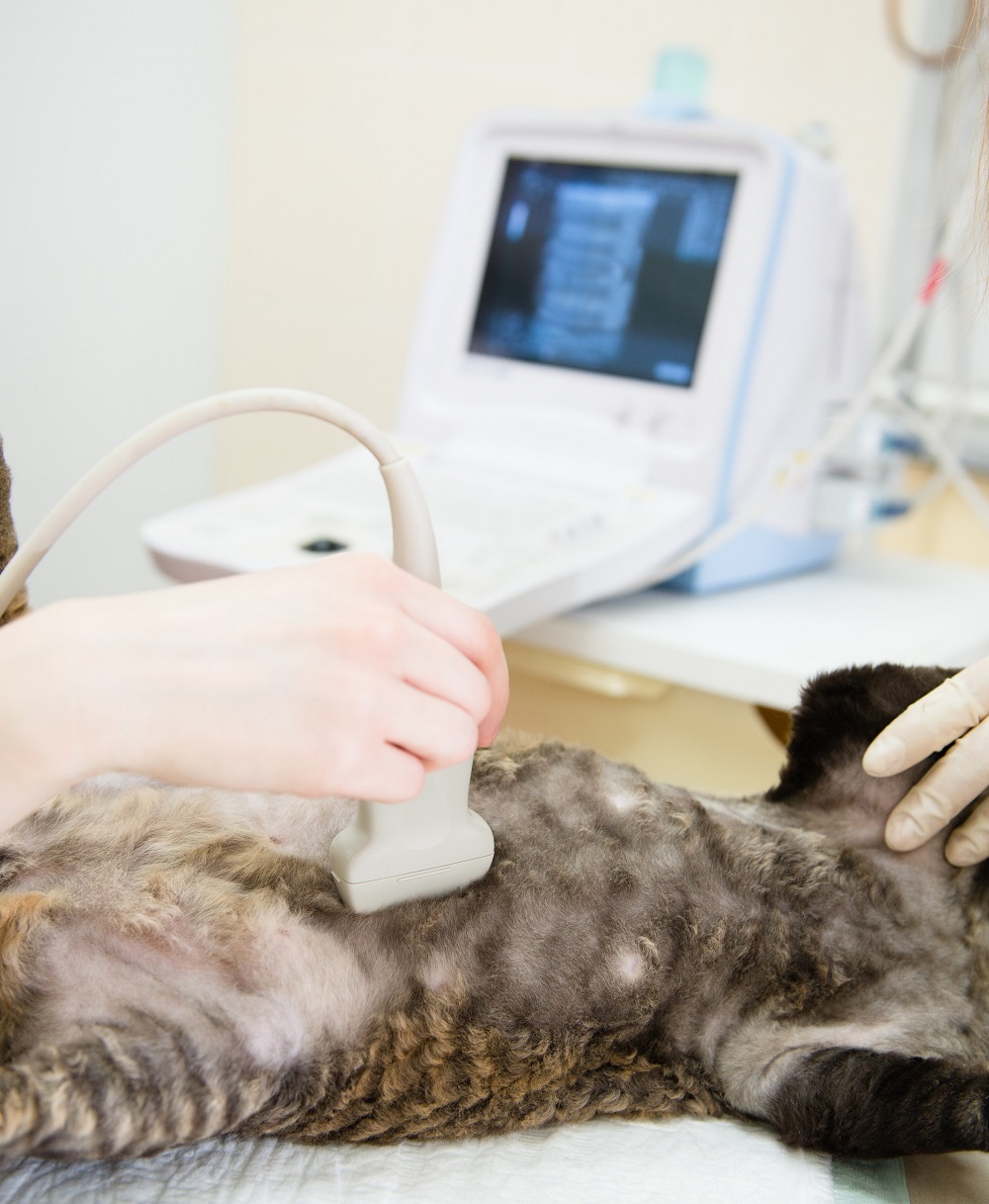Pet Diagnostics
Radiography, otherwise known as X-rays, is one of the most common medical diagnostic tools. Radiographs can provide valuable medical insight that is minimally invasive when your pet is sick or has suffered trauma.
Jennifer Chang, DVM, DACVIM
Dr. Chang is our MOVES veterinary internal medicine partner, available to perform advanced internal medicine procedures at Lago Vista Animal Clinic. Dr. Jennifer Chang is a board-certified small animal internal medicine specialist in Austin, TX. She is based out of Bear Creek and is available to serve general practices and emergency animal hospitals throughout her service area in the Austin metropolitan region.
Pet Diagnostic Services
Radiography
Depending on your pet’s condition, we may use radiographs alone or in conjunction with other diagnostics. Radiographs can detect various problems, including but not limited to tumors, arthritis, bladder/kidney stones, lung abnormalities, bone damage, and foreign bodies in the gastrointestinal tract.
Ultrasound
An ultrasound is helpful when evaluating your pet’s internal organs. Ultrasound is noninvasive and completely painless. The equipment directs a beam of high-frequency sound waves into the area of interest for the pet. Any ultrasound waves that are reflected return as echoes and convert into a picture on the monitor. Ultrasound is commonly used in our practice to assess for internal bleeding or other fluid accumulation, check for bladder stones, or identify large masses. Sometimes, more advanced ultrasounds are necessary, which are referred to an area specialist.
Pet Laboratory Services
We have in-house laboratory services to test for various illnesses and conditions. We can draw blood, collect urine and fecal material, and run everything in our lab on the same day.
We can check for common organ dysfunction, bladder infection, bacterial diseases, heartworm disease, intestinal parasites, platelet count, etc.
If something is going on that we need to look into further, we also have the option of sending samples out to the lab to run a wide variety of tests to help determine further what is going on with your pet. We also recommend sending out a yearly panel to the lab for your pet to help establish baselines for their organ function and catch signs of organ dysfunction early.



